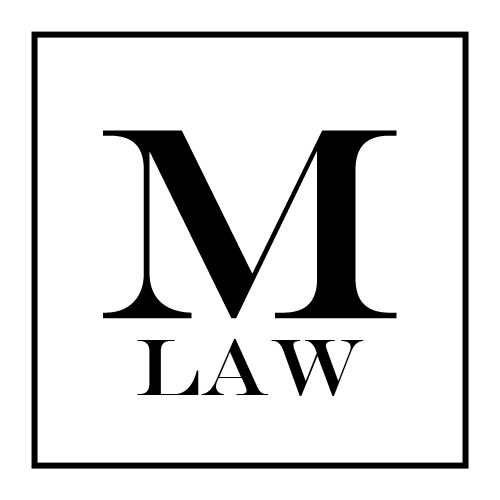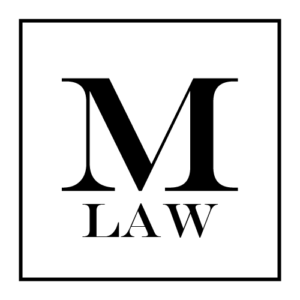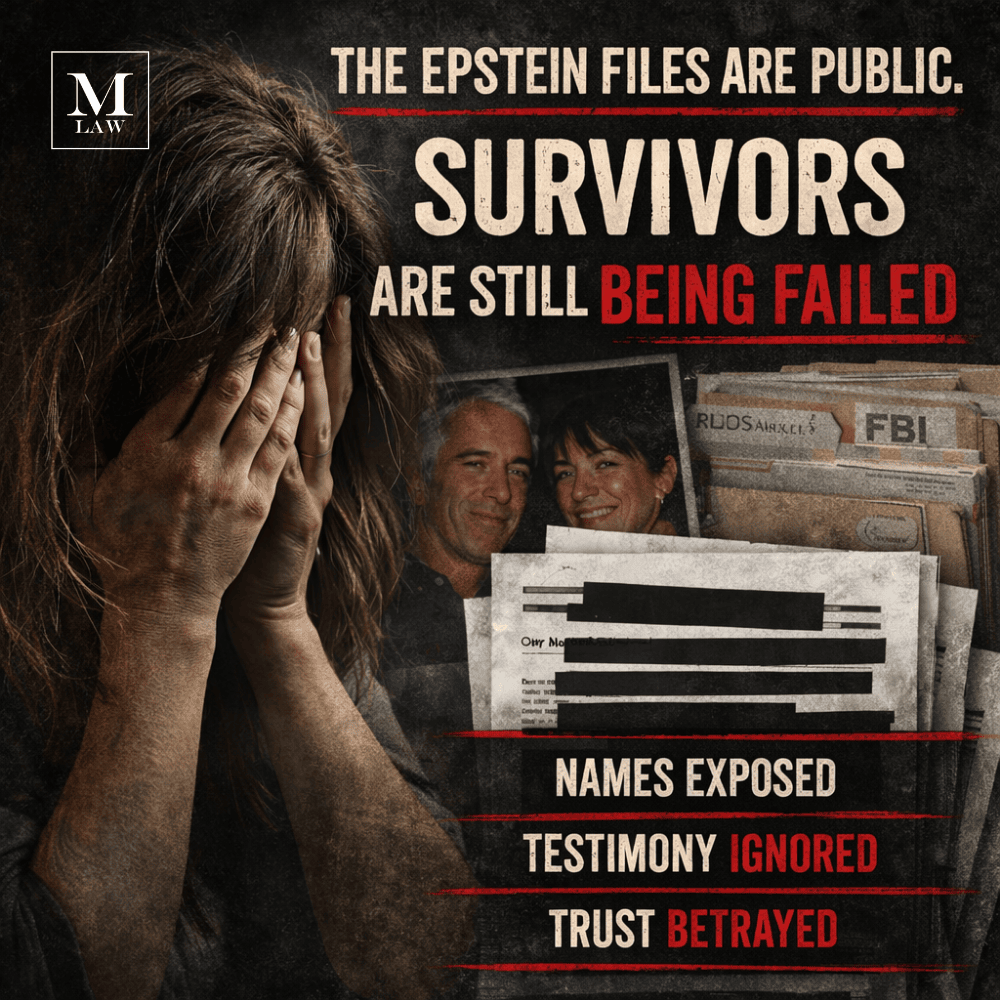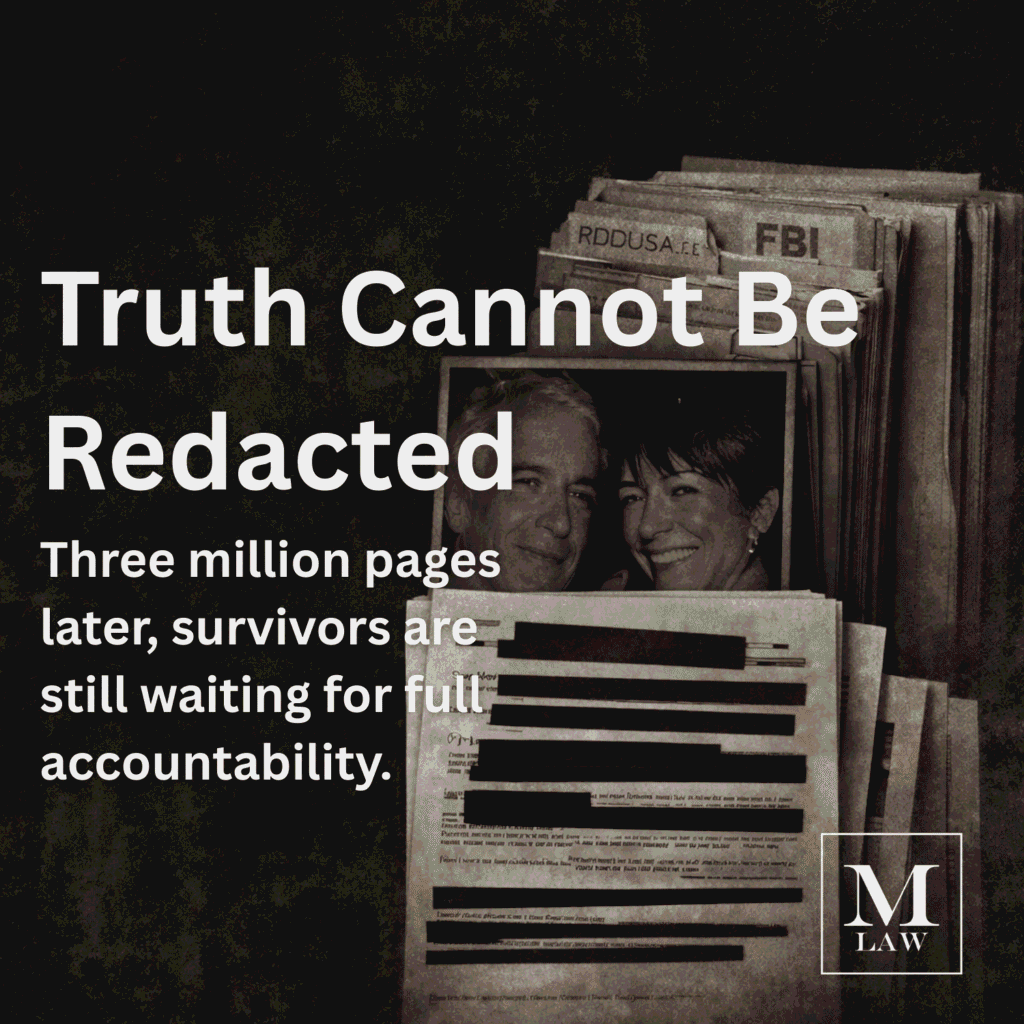Merson Law Review: VOL. II NO. 7 September 21, 2022
Editor in Chief: Steven E. North, Esq.
Case Editor: Emily C. Vaught, Esq.
Guest Commentary: Cristina Menendez, Law Clerk
1. Ignorance of the Law – A Good Excuse
Freeman v. State of New York, 2022 NY Slip Op 03559 (3rd Dept. June 2, 2022)
Background: The claimant filed a claim against the State for personal injury. Upon filing the note of issue, the claimant listed his treating orthopedist as a trial witness. The claimant did not provide 3101(d) information. The defendant moved to preclude the orthopedist from giving expert testimony at trial, arguing that that the claimant merely disclosed the physician as a fact witness and did not make the required statutory disclosures under CPLR 3101 (d)(1)(i). The Third Department requires CPLR 3101(d) disclosure of treating physicians. The claimant argued that the failure to comply with CPLR 3101(d) was not willful because she was unaware, that unlike the First, Second and Fourth Departments, the Third Department requires expert disclosure for treating physicians. The Court (Collins, J.) granted the defendant’s motion to preclude the claimant from introducing expert opinion testimony.
Holding: The appellate court reversed, holding that the claimant’s excuse—that she practices law in a different judicial department and candidly conceding that she was unaware of the Third Department’s unique interpretation that the statute requires expert disclosure for treating physicians—was reasonable.
Editors’ (very long) Note: The Third Department is the only department which requires full expert disclosure by a treating physician. The First, Second, and Fourth Departments hold that the disclosure requirements of CPLR 3101(d)(1) do not apply to treating physicians so long as the physician’s records and reports have been disclosed under CPLR 3121 and NYCRR § 202.17.
No appellate division has a rule for when expert witnesses must be disclosed. However, within the Third Department resides the Third Judicial District (one of the 12 judicial districts in the State of New York and the judicial district encompassing Albany County (a map of the districts is linked here)) which has its own expert witness disclosure requirement. The Third Judicial District’s rules require disclosure of the plaintiffs’ experts by the filing of the note of issue, with rebuttal experts to be exchanged thirty days thereafter. But the Third Department consistently holds that the trial court has the power to excuse non-compliance with the rule.
It is of note that in the Second Department, there is a line of cases that bars consideration of an expert’s affidavit submitted in opposition to a post-note-of-issue motion for summary judgment where the expert was not disclosed before the note of issue was filed. See, e.g., Construction by Singletree, Inc. v. Lowe, 55 AD3d 861, 863 (2d Dept. 2008); Liang v Yi Jing Tan, 98 AD3d 653 (2d Dept. 2012); Crawford v Village of Millbrook, 94 AD3d 1036, 1037 (2d Dept. 2012); Mohamed v New York City Tr. Auth., 80 AD3d 677, 678-679 (2d Dept. 2011); Parlante v Cavallero, 73 AD3d 1001, 1003 (2d Dept. 2010); Safrin v DST Russian & Turkish Bath, Inc., 16 AD3d 656, 656 (2d Dept. 2005).
However, in Rivers v. Birnbaum, 102 A.D.3d 26 (2d Dept. 2012), the Second Department clarified: “the fact that pretrial disclosure of an expert pursuant to CPLR 3101(d)(1)(i) has been made after the filing of the note of issue and certificate of readiness is but one factor in determining whether disclosure is untimely. If a court finds that the disclosure is untimely after considering all of the relevant circumstances in a particular case, it still may, in its discretion, consider an affidavit or affirmation from that expert submitted in the context of a motion for summary judgment.” Beware of summary judgment motions after the filing of the note of issue if no expert disclosure has been provided.
2. New Malpractice Theory Raised during Deposition – Okay
Walker v. Jamaica Hosp. Med. Ctr., 2022 NY Slip Op 04996 (2d Dept. Aug. 17, 2022)
Background: The plaintiff suffered a stroke claiming that the defendant physicians committed medical malpractice by failing to administer a “clot busting drug” known as tPA. The defendants moved for summary judgment. In response, the plaintiff’s expert alleged that the failure of the defendant physicians to administer aspirin (rather than tPA) was the basis for the malpractice claim. The defendants maintained that such theory was improperly raised for the first time since it was never pled in either the complaint or bill of particulars. The Supreme Court (Peter O’Donoghue, J.) agreed and granted the motion.
Holding: The appellate court reversed, holding that “[a]lthough the plaintiffs’ theory…was not specifically alleged in the complaint or bill of particulars”, this theory happened to be referred to by the plaintiffs’ counsel when deposing a hospital resident and thus was appropriately alleged.
Editors’ Note: This decision may be very helpful when such claims are raised by defendants.
3. Watch the Time Clock
Goldstein v. Ilaz, 2022 NY Slip Op 04154 (2d Dept. June 29, 2022)
Background: The plaintiff alleged a negligence cause of action stemming from a sidewalk fall. The defendant served its answer 43 days late which the plaintiff rejected as untimely. The defendant moved to compel the plaintiff to accept the late answer, raising as an excuse for the delay, that the defendant’s insurance carrier did not retain counsel until after the time to answer had expired. The trial court (Wavny Toussaint, J.) granted the defendant’ s motion.
Holding: The appellate court reversed, holding that the bare allegation that the delay was caused by the defendant’s insurance carrier is insufficient to excuse the delay in answering the complaint. A court may compel the acceptance of a pleading untimely served upon a showing of reasonable excuse for delay or default. However, the late retention of counsel by an insurance carrier is simply insufficient to establish a reasonable excuse.
4. Slippery Baby
Rojas v. Tandon, 2022 NY Slip Op 04989 (2d Dept. Aug. 17, 2022)
Background: The plaintiff commenced an action to recover for birth injuries sustained 20 years after she was allegedly dropped in the delivery room immediately following her birth. The defendant moved to dismiss the complaint as time-barred, arguing that the infancy toll of CPLR 208 was limited to 10 years because the claim sounded in medical malpractice. The plaintiff argued that the 10-year limitation did not apply because the complaint sounded in ordinary negligence which has an 18-year toll for infancy, and then an additional three years for ordinary negligence. The trial court (Genine D. Edwards, J.) denied the defendant’s motion, concluding that the action was for ordinary negligence which was timely commenced prior to the plaintiff’s 21st birthday.
Holding: The appellate court reversed, holding that the defendant established that the conduct at issue derived from the duty owed to plaintiff by the defendant because of the physician-patient relationship (really??) and was substantially related to the plaintiff’s medical treatment. The court held that since the complaint sounded in medical malpractice (maybe this was the plaintiff’s critical error), this action was not timely commenced.
A MAJOR EXPANSION OF THE WRONGFUL DEATH CAUSE OF ACTION
Under current New York law, which was established in the 1880s, only “distributees” of the decedent’s estate can take part in “fair and just compensation for the pecuniary injuries resulting from the decedent’s death.” NY EPTL §5-4.3(a).
The New York “The Grieving Families Act,” also known as Senate Bill S74A, which has been passed by both houses, proposes to expand the potential damages available to surviving close family members in a wrongful death action. The finder of fact shall determine those “surviving close family members” who can recover.
The Grieving Families Act, S74A §5-4.4(a).
The bill is waiting for signature by Governor Hochul. It would extend the current wrongful death statute of limitations from two years following the death of the decedent to three years and six months. Moreover, the law will take immediate effect and will apply to all pending and future actions.(*1)
In addition to the pecuniary damages recoverable under current New York Law, the proposed statute allows compensation for: “(iii) grief or anguish caused by the decedent’s death, and for any disorder caused by such grief of anguish; (iv) loss of love, society, protection, comfort, companionship, and consortium resulting from the decedent’s death; … and (vi) loss of nurture, guidance, counsel, advice, training, and education resulting from the decedent’s death.” Although no similar provision in New York helps predict how “any disorder caused by grief or anguish” will be interpreted, The Grieving Families Act will likely lead to a broad application allowing recovery for various psychological disorders. Id. at S74A §2(a)(iii) (emphasis added). Moreover, the law is expected to largely impact the exposure for defendants as well as their insurance carriers.
*1. Proposed Grieving Families Statute Could Have Enormous Impact, N.Y.L.J., Sept. 6, 2022, p.7, col. 1







